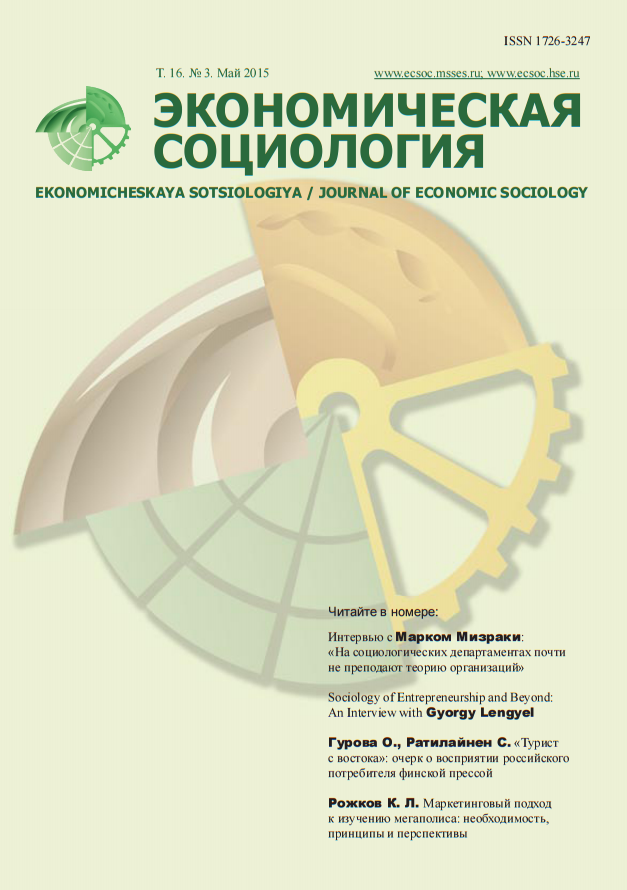Practices of Law Enforcement in Russia: Rules of the Game De Jure and De Facto
XVI April International Academic Conference on Economicand Social Development, April 7–10, 2015
Abstract
As part of the XVI April International Academic Conference on Economic and Social Development, HSE — Moscow, two sessions on economics and law were held 9 April 2015. The first session, Law Enforcement and Entrepreneurs, was chaired by a leading researcher from the Institute of Law Enforcement at the European University in St. Petersburg Kirill Titaev and the second session, Economic Analysis of Regulatory Bodies, was moderated by Andrey Shastitko, researcher from the Institute for Industrial and Market Studies, HSE Moscow. Speakers at the sessions included Irina Chetverikova (Institute for the Rule of Law at the European University at Saint-Petersburg), L. Bardin (Central Bar in Moscow), Anton Kazun (HSE), Zinaida Poghosova (HSE) and Elena Podkolzina (HSE), D. Tsytsulina (HSE — Nizhny Novgorod), Svetlana Avdasheva HSE), and Svetlana Golovanova (HSE — Nizhny Novgorod).
The direction of the debate in the first session was partly formulated by Titaev, when he noted that more correct name for first session would be Law and Rational Choice. According to the Titaev, in this case, it is appropriate to speak about economic rationality, which is common to all parties involved in the process: the accused, the victim, judges and defendants. At the next session, the focus shifted to the discussion of the Federal Antimonopoly Service (FAS). Real decision-making practices and risks of introducing criteria for evaluating the effectiveness of the organization were at the center of the debate. Both sessions highlighted the obvious challenge that often formal rules and their changes do not completely determine the situation, but may also be influenced by informal norms. The distinction between formal rules and informal norms is a key issue of economic sociology. The focus of both sessions was not only the formal rules in law enforcement system, but also real-life practices. Speakers described the logic of awarding judgment using the examples from different legal cases. They concluded that actions which seem illogical for an external observer (such as the refusal of companies to provide FAS evidence in their favor) often have their own internal rationality. Therefore, researchers need to know not only the laws, but also the informal norms. This problem has been widely discussed in recent years and definitely will be an important issue for future studies in economic sociology.













